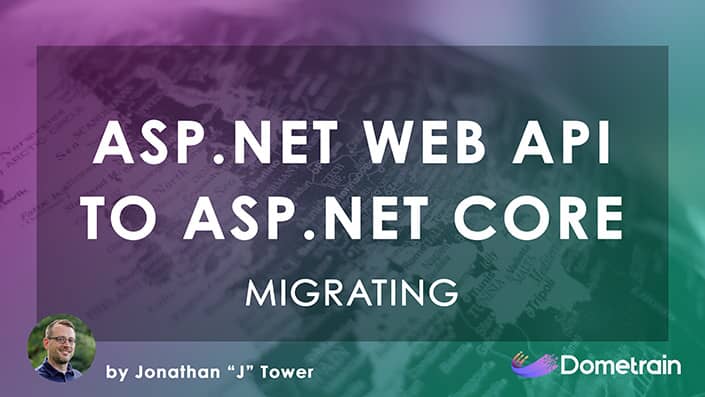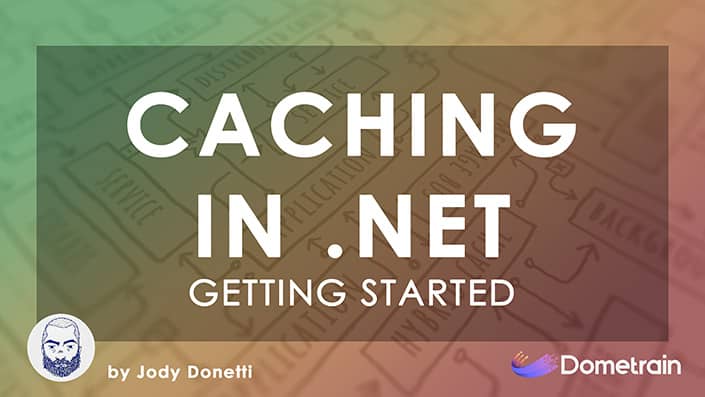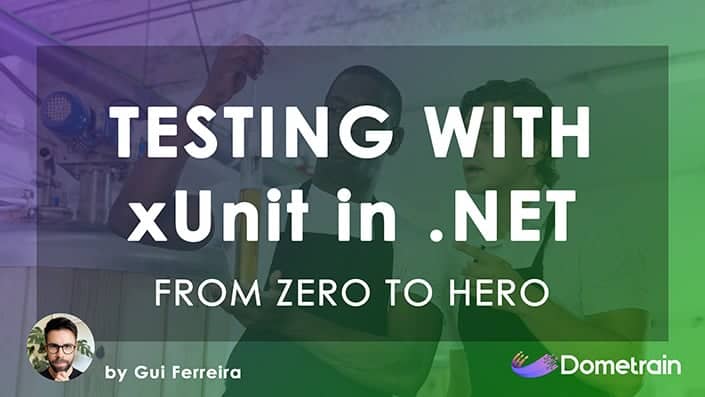From Zero to Hero: Configuration and Options in .NET
Learn how to use Configuration and Options in any .NET codebase
About This Course
Configuration is one of the core fundamentals of any .NET application. Whether it's a web application, an API, a desktop application or anything in between, every application has settings and options that make it configurable, flexible and functional. From simple numbers and booleans to connection strings that need to be stored and loaded securely, everything needs to be handled with care and a complete understanding of how they work and what is happening under the hood. In this course, Microsoft Senior Content Developer David Pine will teach you everything you need to know to get up to speed with Configuration and Options in .NET.
Course Curriculum
Meet Your Instructor
© 2025 Dometrain. All rights reserved.












